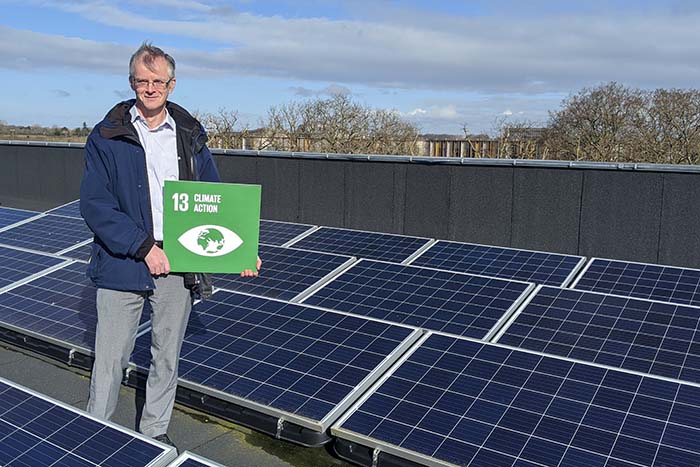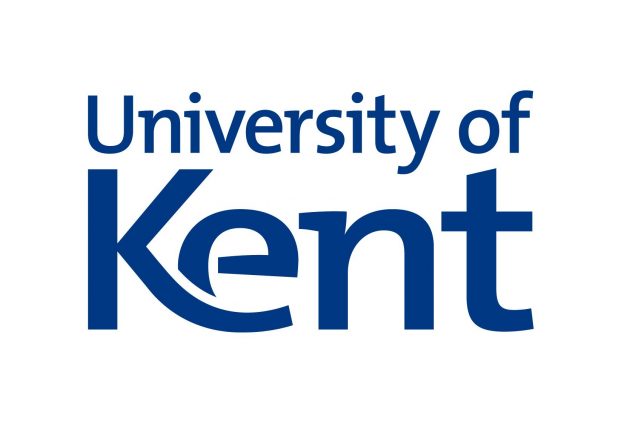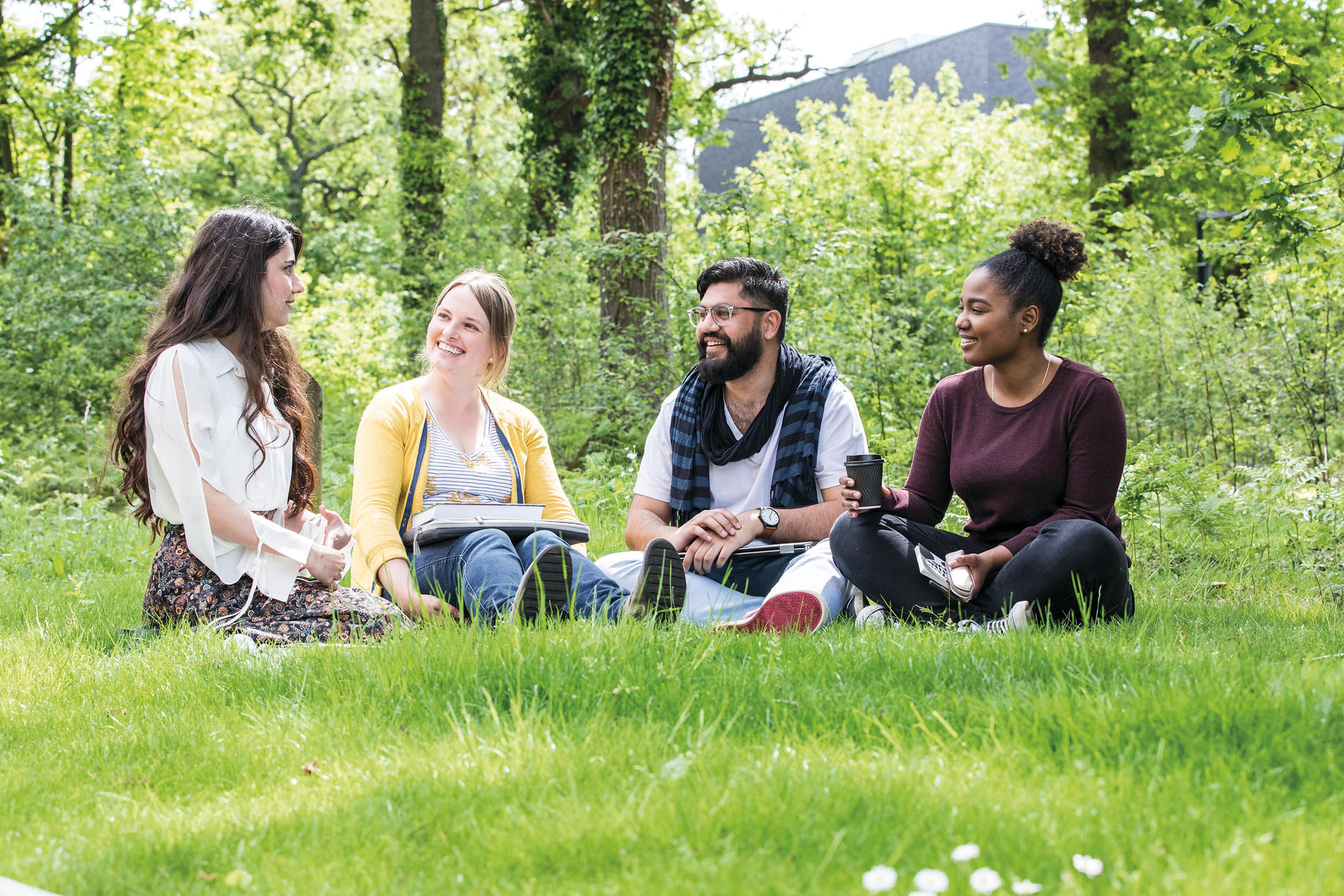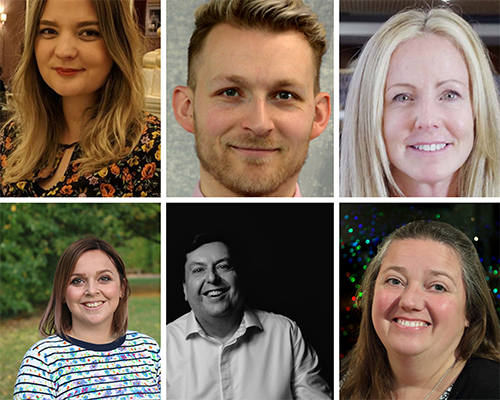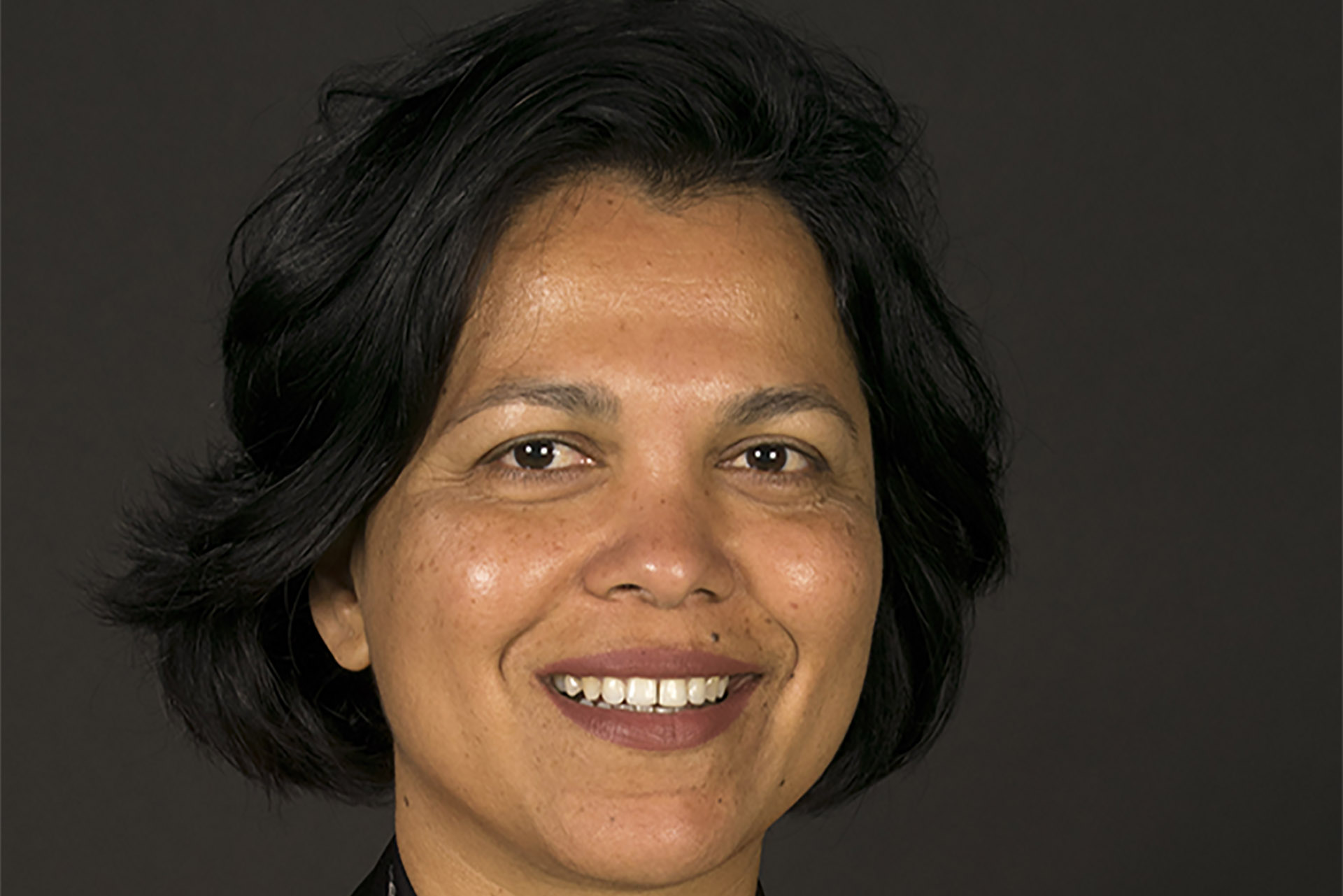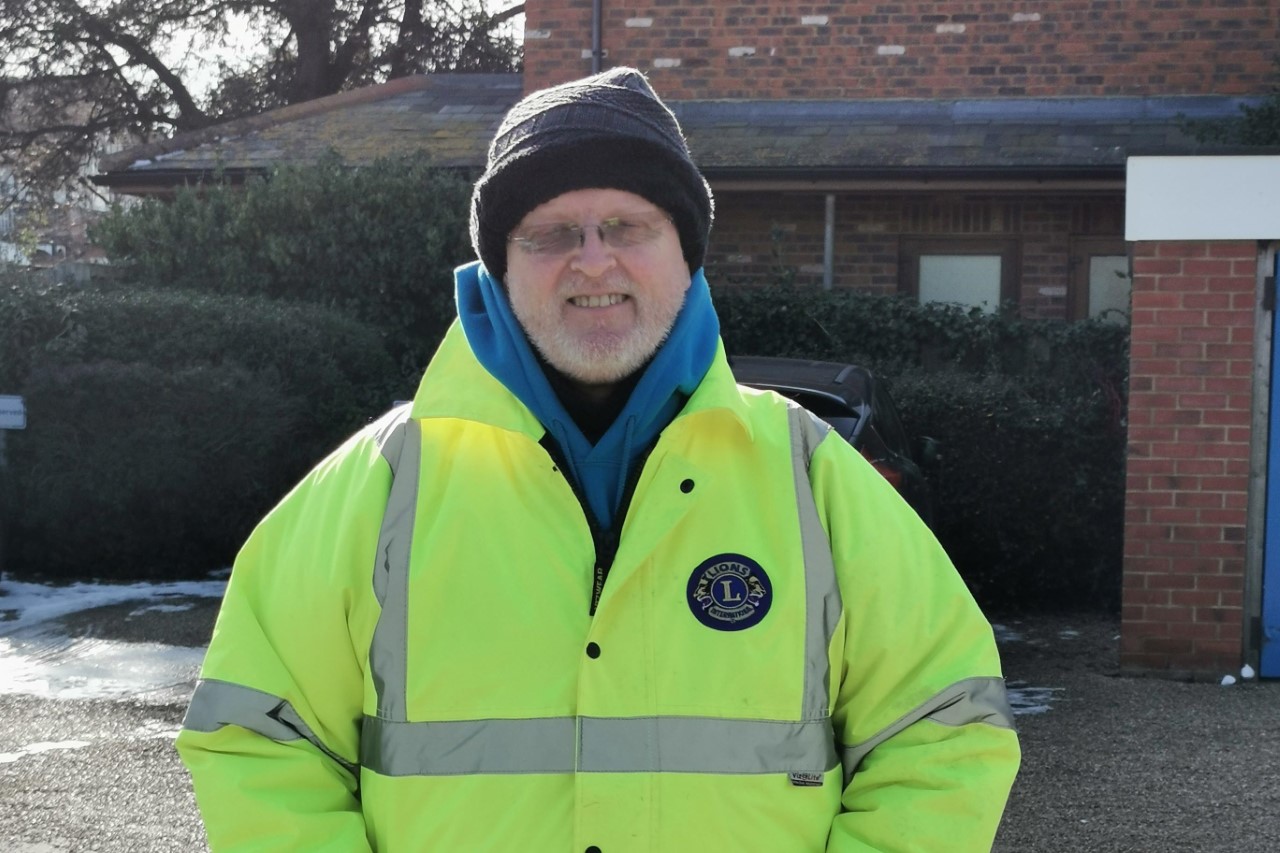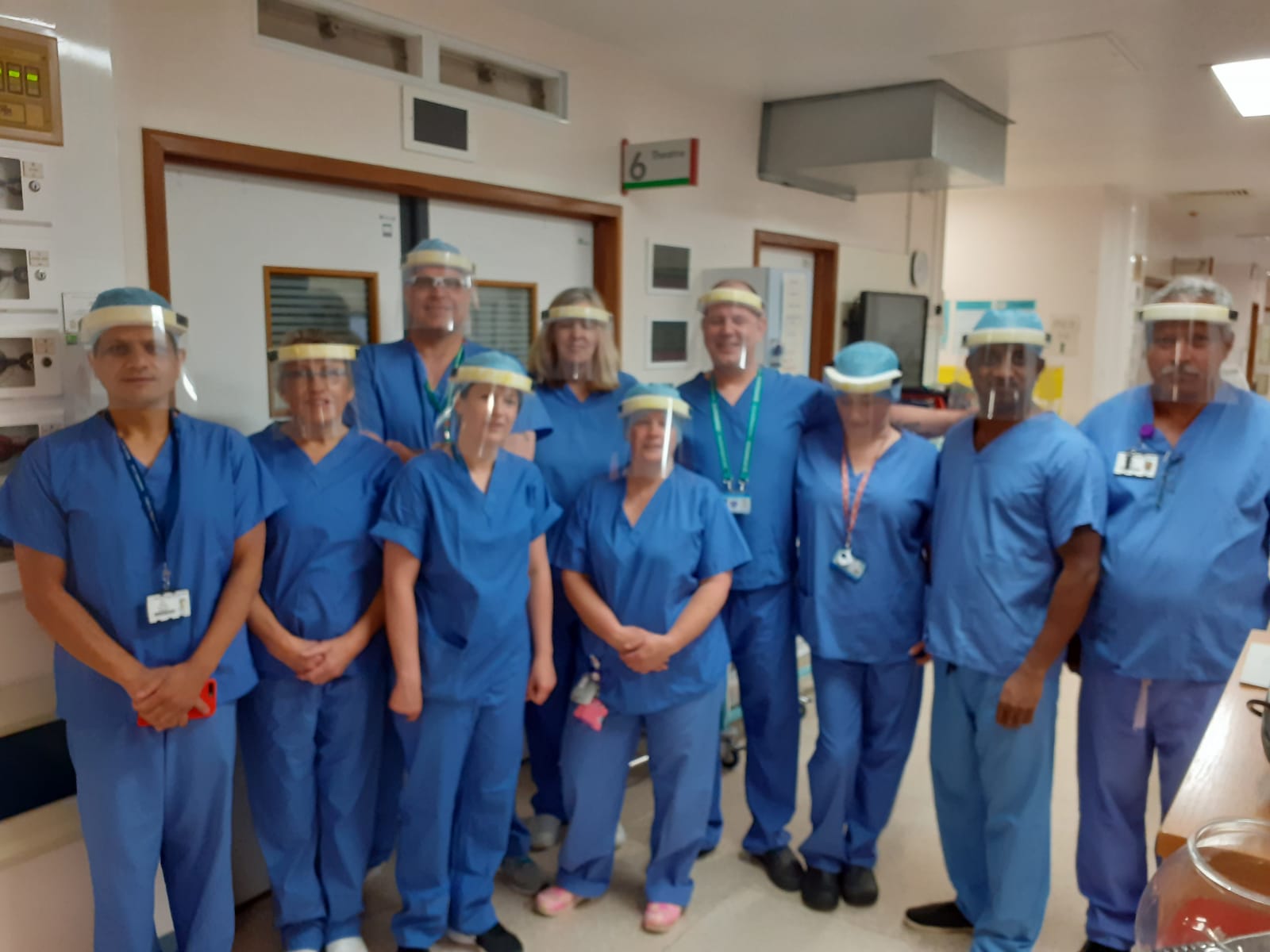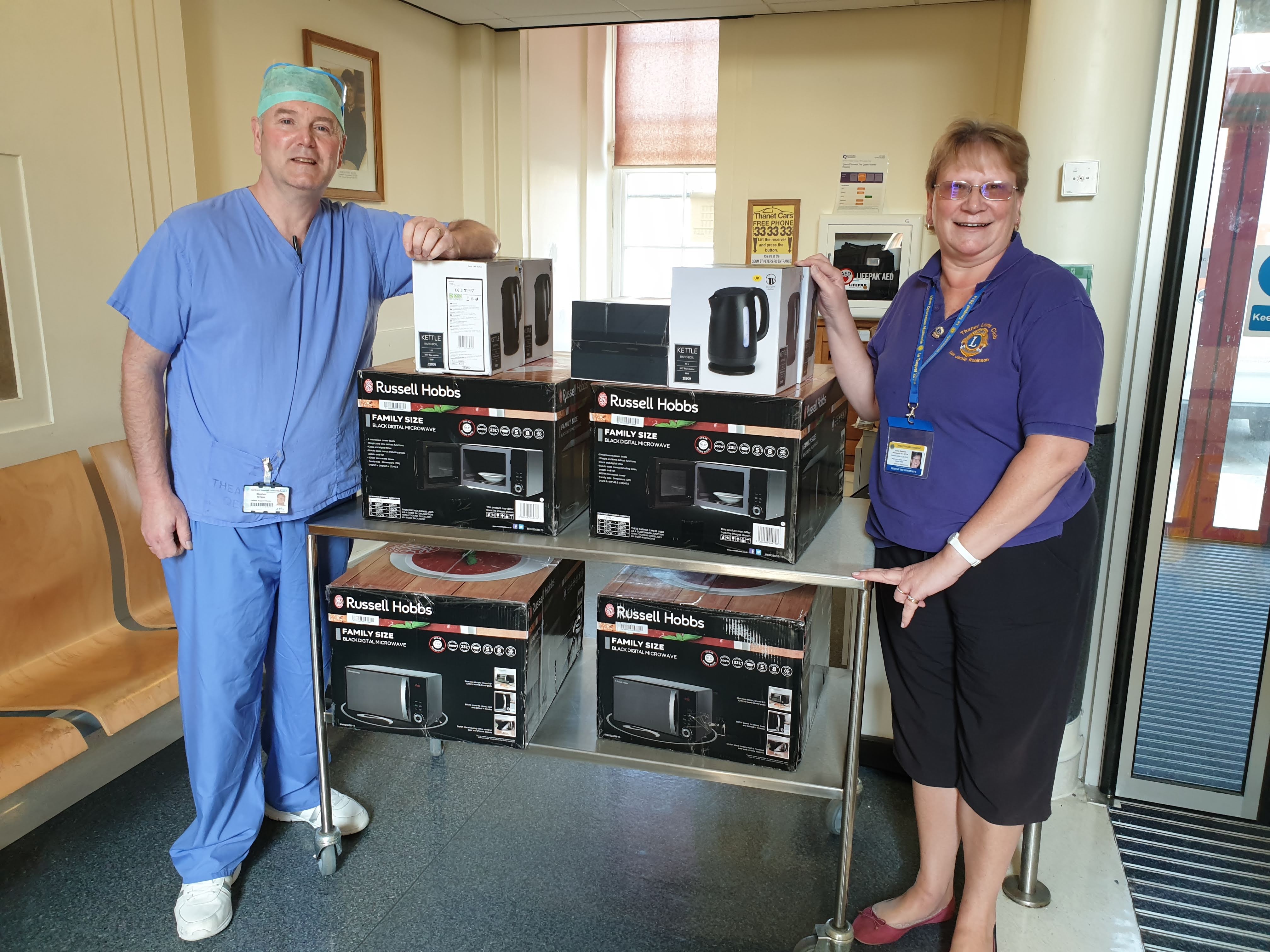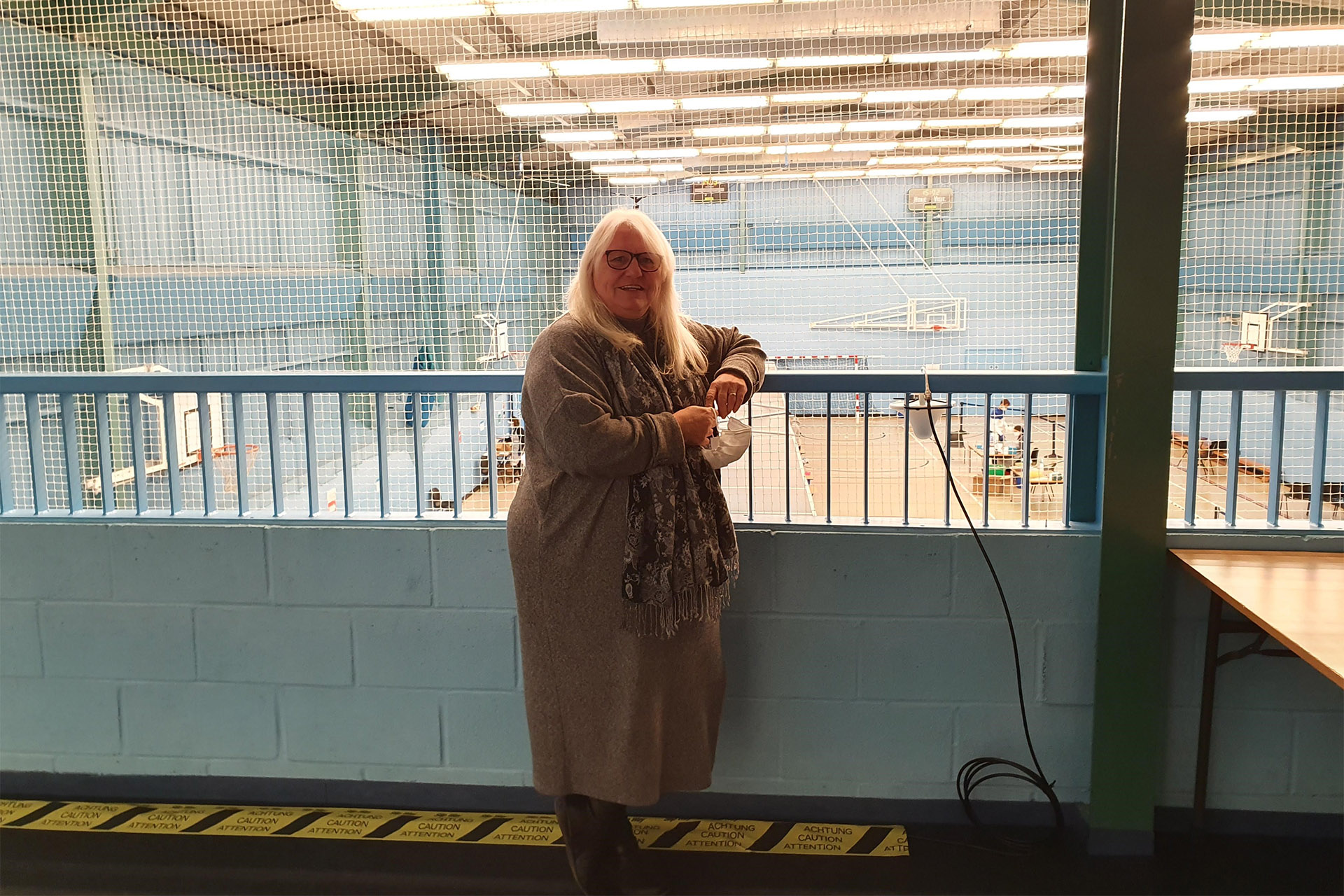From Emma Wilcox, Project Director for Creative Estuary
The University is helping to shape the Creative Estuary, a four-year funded project driving forward the creative and economic evolution of the Thames Estuary. The aim is to unlock its potential as an international production hub and as a collaborative, inspiring place to live and work.
The stunning Creative Estuary place brand was launched in November 2020, supported by our inaugural Creative Estuary Champions, including Kent Vice-Chancellor, Professor Karen Cox. The event was a huge success with over 300 virtual attendees and received fulsome praise and positive feedback. You can watch a film linked to the brand launch here: https://vimeo.com/483767452
Under the Creative Estuary banner, the University of Kent is leading a consortium of public sector and cultural organisations to support the Thames Estuary Production Corridor. This is an ambitious 30-year vision to unite East London, the North Kent Coast and South Essex to create a world-class centre for creative and cultural production.
In 2019 the creative industries contributed in excess of £110bn to the UK economy. By comparison, the construction industry contributed £129.3bn, the automobile industry contributed £49.1bn, and agriculture £13.0bn. The success of the Production Corridor will contribute to wider national programmes to generate investment, jobs and creative industry opportunities for the whole Thames Estuary, making it one of the most attractive places to live and work in the UK.
Initially funded for three years, the Department for Digital, Culture Media and Sport, awarded us a 12-month extension at the end of 2020 to mitigate the impact and disruption of Covid. This welcome news presents us with an opportunity to reflect on our progress to date and take advantage of the University’s reorganisation and refreshed strategy, to ensure that Kent can make the most of its role in this project. Creative Estuary is now part of the programme that our Institute for Cultural and Creative Industries (iCCi) is delivering.
Coming up
A key part of the Creative Estuary is Estuary 2021. Opening on 22 May, this large-scale arts festival is curated in response to the spectacular Thames Estuary and the lives, landscapes and histories found there. A mix of large scale and intimate visual art, literature, music and film, the festival celebrates culture, creativity, recovery and renewal. Alongside an online discussion and events programme, the physical programme will explore and respond to powerful themes resonant to the Estuary, from the climate, to rebellion and imperial legacy. Re-framed in light of Covid-19, the festival invites visitors to take an epic walk along the stunning coastline of South Essex and North Kent encountering contemporary artworks and performance within the estuary landscape, historic sites and coastal towns.
Commissions include an opening weekend of live broadcast discussion and specially commissioned online artworks exploring the three key themes of climate, rebellion and imperial legacy. The event will be brought together by four artists and curators all of whom know the estuary as home.
Our project team is hugely excited about the many challenges and opportunities ahead, and we look forward to sharing more updates and involving colleagues right across the University.
Emma Wilcox | Project Director for Creative Estuary

